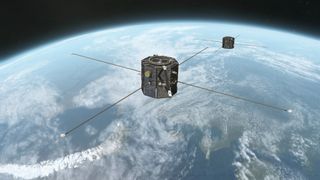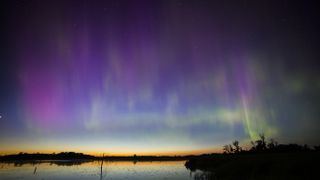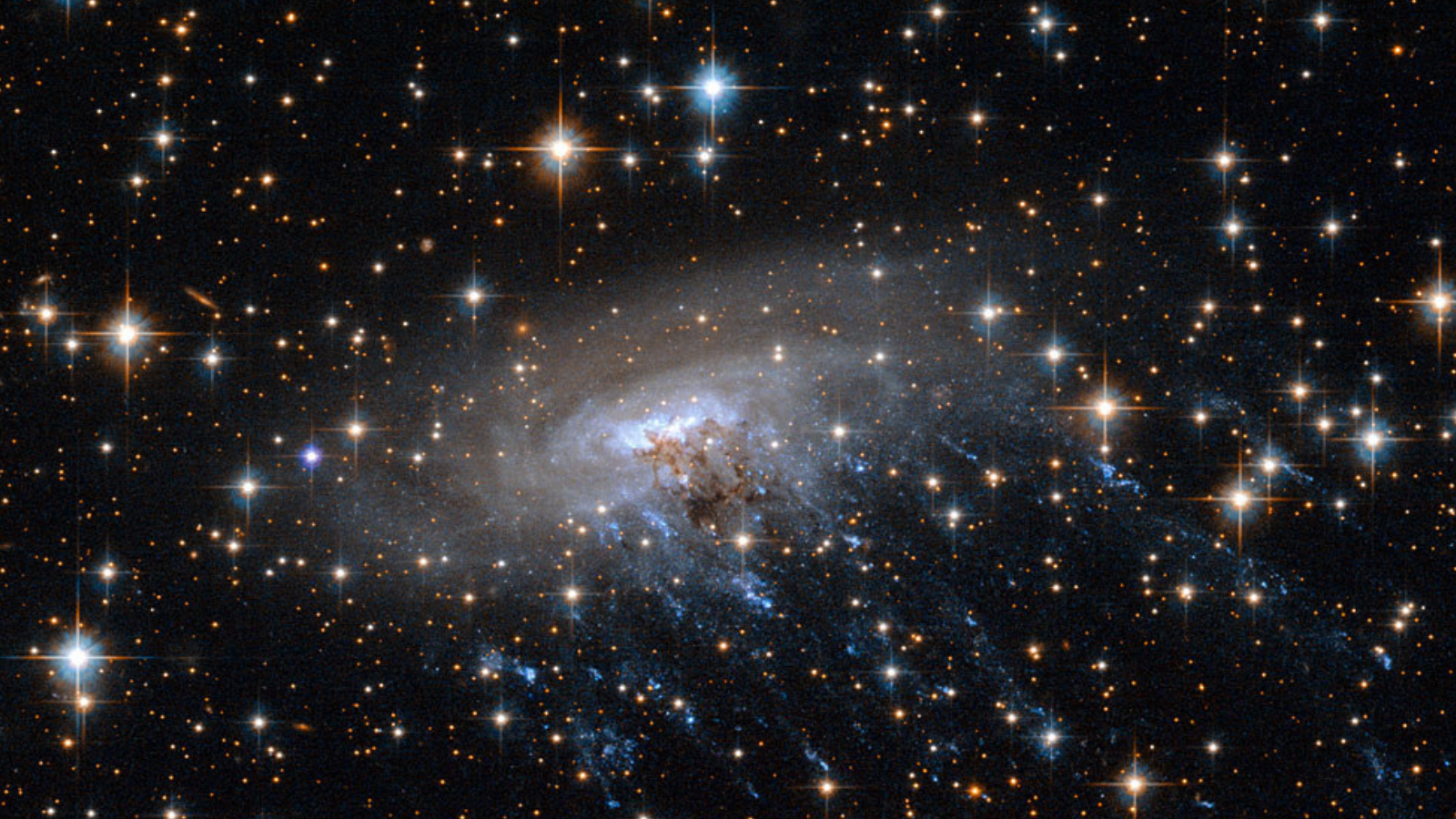Space Weather, Solar Flares & Sun Storms: Latest News
Latest about space weather
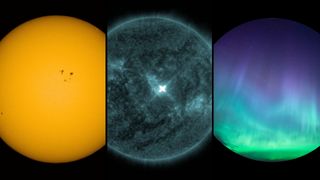
Solar eruption from Earth-facing sunspot could trigger northern lights Aug. 8 (video)
By Daisy Dobrijevic last updated
The M4.4 solar flare unleashed a coronal mass ejection (CME) into space — and Earth might just receive a glancing blow.
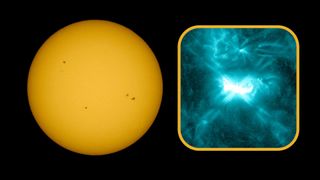
3 powerful solar flares erupt in less than 24 hours, ending weeks of calm on the sun (video)
By Daisy Dobrijevic published
Space weather forecasters are watching for faint CMEs that could reach Earth later this week.

Space hurricanes are real — and they wreak more havoc than we thought
By Daisy Dobrijevic published
Space hurricanes can shake Earth's magnetic field and scramble satellites without a solar storm in sight.
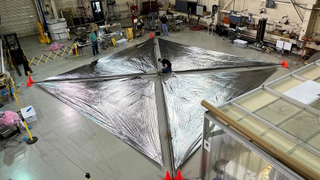
Spacecraft equipped with a solar sail could deliver earlier warnings of space weather threats to Earth’s technologies
By Mojtaba Akhavan-Tafti published
Space weather imposes threats on everything from electrical grids to GPS navigation.
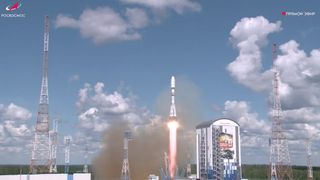
Russia launches satellite for Iran toward orbit alongside 2 space weather probes (photos)
By Mike Wall published
A Russian Soyuz rocket launched the Ionosfera-M 3 and 4 satellites, along with an Iranian spacecraft and 17 cubesats, toward orbit early Friday morning (July 25).
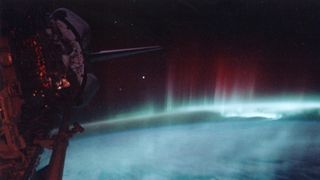
Weird space weather seems to have influenced human behavior on Earth 41,000 years ago – our unusual scientific collaboration explores how
By Sanja Panovska, Agnit Mukhopadhyay, Raven Garvey published
Thanks to auroras and other space weather, humans have adapted techniques to overcome these issues.
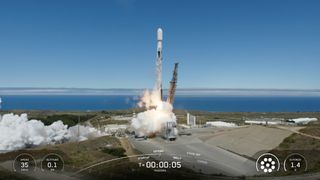
SpaceX launches NASA's TRACERS mission to protect Earth from space weather
By Keith Cooper last updated
NASA's TRACERS mission blasted off July 23 on a Falcon 9 rocket with three other small agency satellites that will act as technology demonstrators to monitor space weather.
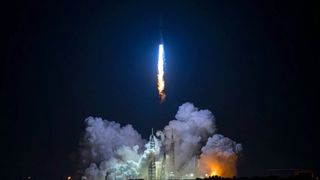
Twin NASA Mars probes will fly on 2nd-ever launch of Blue Origin's huge New Glenn rocket
By Mike Wall published
Blue Origin's powerful New Glenn rocket now has a payload for its second-ever flight — NASA's ESCAPADE Mars mission.
Breaking space news, the latest updates on rocket launches, skywatching events and more!
